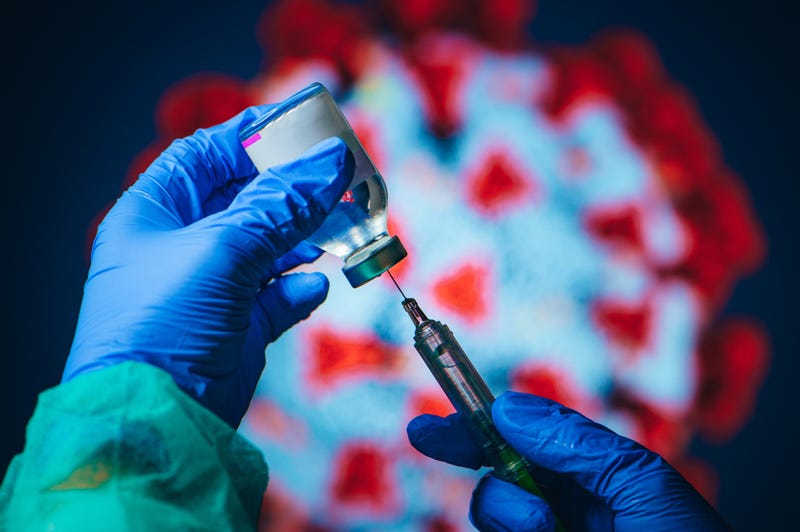
Survivors of COVID-19 were 35% more likely than other patients to have long-term kidney damage, according to new research.
The study, published in the Journal of the American Society of Nephrology, looked at individuals who survived the first 30 days of COVID-19, and then followed them over the next several months.
Although the study was predominantly older males, it also included around 8,000 women allowing researchers to study how the disease affects both genders.

Over time, these people developed acute kidney problems, including deterioration of kidney function, leading to some cases of even terminal, end-stage kidney disease, which requires dialysis or transplant, according to Dr. Ziyad Al-Aly, Chief of Research and Development at the Saint Louis VA Hospital, and senior author of the study.
"We’ve known for some time that long COVID-19 can affect nearly every organ system," said Al-Aly on Wednesday’s Ask an Expert with KCBS Radio’s Holly Quan and Dan Mitchinson. Medical officials began noticing more and more people returning to clinics months after recovering from COVID-19 with kidney problems, prompting them to look at the issue more closely.
"This is all new," he said. None of the subjects had reported kidney problems previously. The most surprising finding, "people who are nearly asymptomatic," reported having kidney problems just as consistently as those who got seriously sick.
It’s yet another reason to get vaccinated, said Al-Aly. And people who’ve had COVID-19 already should check in with their doctor and monitor their kidney function. "Early recognition of the disease and treatment early on is key to preventing it from progressing further into more serious, more dramatic forms of kidney disease," he said.

